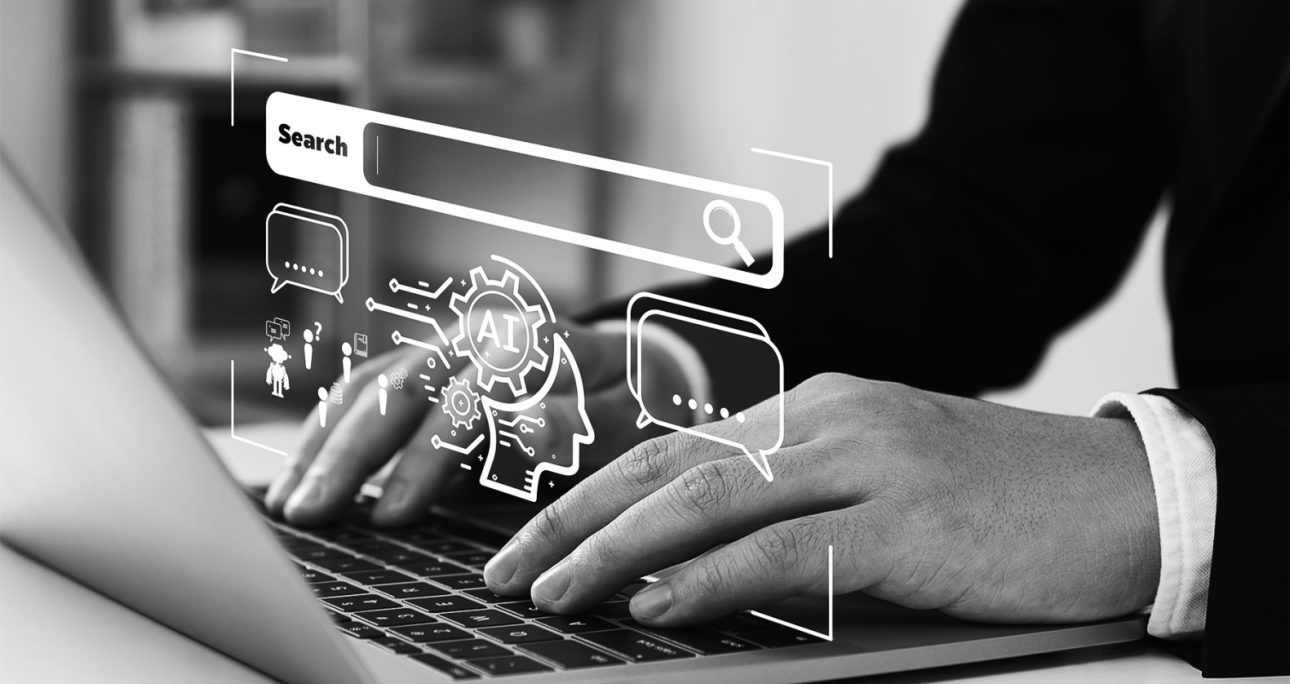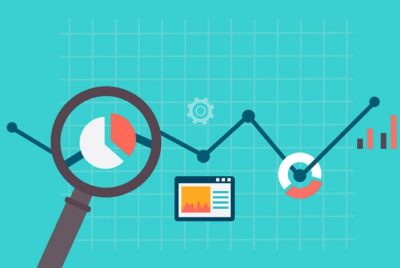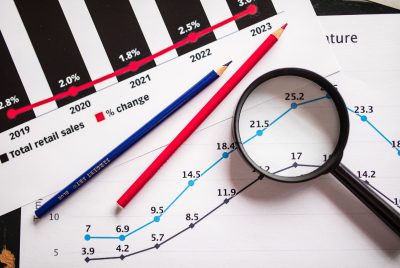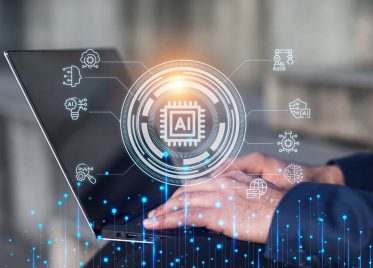AI is making strides in retail personalization and also marketing content creation and will continue to be a game-changer alongside expert human judgment.
Having demonstrated its ability to secure an MBA from an Ivy League university, pass the US medical licensing exam, and prove its proficiency in law and accountancy, the generative AI chatbot ChatGPT is a technological marvel. Consequently, With such an abundance of (rapidly increasing) intelligence, how can brands harness the power of AI to effectively grow market share?
Not only AI is reshaping consumer-brand interactions, offering tailored news and content based on individual preferences but also generative imagery to resonate with specific audiences.
The core principles of marketing haven’t changed, however, the way marketers create and execute campaigns has been revolutionized. Consequently, AI enables brands to understand better (and faster) what creative and messaging will chime with customers, and how to invest budget and buy media more effectively.
Many brands are still in the throes of AI transformation, but as consumers become adept at interacting with AI, their expectations are changing, and brands are faced with a huge opportunity. Here, we take a look at some of the key areas.
Reshaping retail
The vast knowledge of GenAI gives people access to often niche expertise to help them explore their interests. From planning their next holiday to choosing new clothes or attempting a new recipe, GenAI now offers people insight into these passion points, along with personalized instructions and support.
Consumers can now ask platforms like ChatGPT for brand recommendations and product shortlists, and soon these platforms will make purchases on our behalf. GenAI is poised to revolutionize shopping, prompting brands to strategize leveraging AI to secure their future in retail.
Next-gen content creation
While AI is supercharging how consumers access and interact with information to make purchase decisions, it is also revolutionizing how brands validate their creative approach to better engage people, as well as to direct budgets more confidently. Such foresight is a powerful tool.
GenAI can additionally enable brands to effortlessly scale up campaigns and generate localized content rapidly and cost-effectively. Consequently, global brands can authentically connect with local markets. Formerly, media teams were constrained by the creative they received, but now they have the autonomy to implement adjustments that can substantially enhance campaign outcomes. This integration of media data and insight fuels asset optimization, ensuring seamless collaboration between media and creative departments, rather than functioning as two separate entities.
Our AI platform Marcel created an ad for French mobile network Orange, in partnership with the French Football Federation (FFF), showcasing the skills of female football players to combat bias and promote the 2023 Women’s World Cup. The ad features French football stars Kylian Mbappé and Antoine Griezmann, later revealing that the skills are performed by players from the women’s French team. Whilst this was a creative output using AI technology, we’re seeing equally profound ways that GenAI can impact media campaigns and campaign assets.
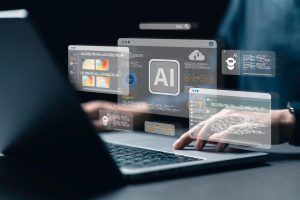
The human factor in AI
Contrarily to any concerns, AI assets aren’t reducing the role of creative teams; rather, the technology is empowering people, enabling them to test and prove creative direction. Additionally, traditionally laborious manual tasks such as reporting and measurement are also being transformed.
Moreover, automation enables marketers to quickly process campaign data, empowering AI to extract insights. This, in turn, frees up time for strategic planning and deep understanding, ultimately enhancing brand value. Furthermore, AI boosts confidence in goal-setting and budget allocation by analyzing data to predict outcomes, thereby improving decision-making certainty.
While data quality is essential to optimising AI, people remain vital for its potential to be fulfilled. Despite there are market changes and cultural dynamics that an AI simply cannot anticipate, which is where brilliant media experts come in and make the difference between winning and losing market share.

